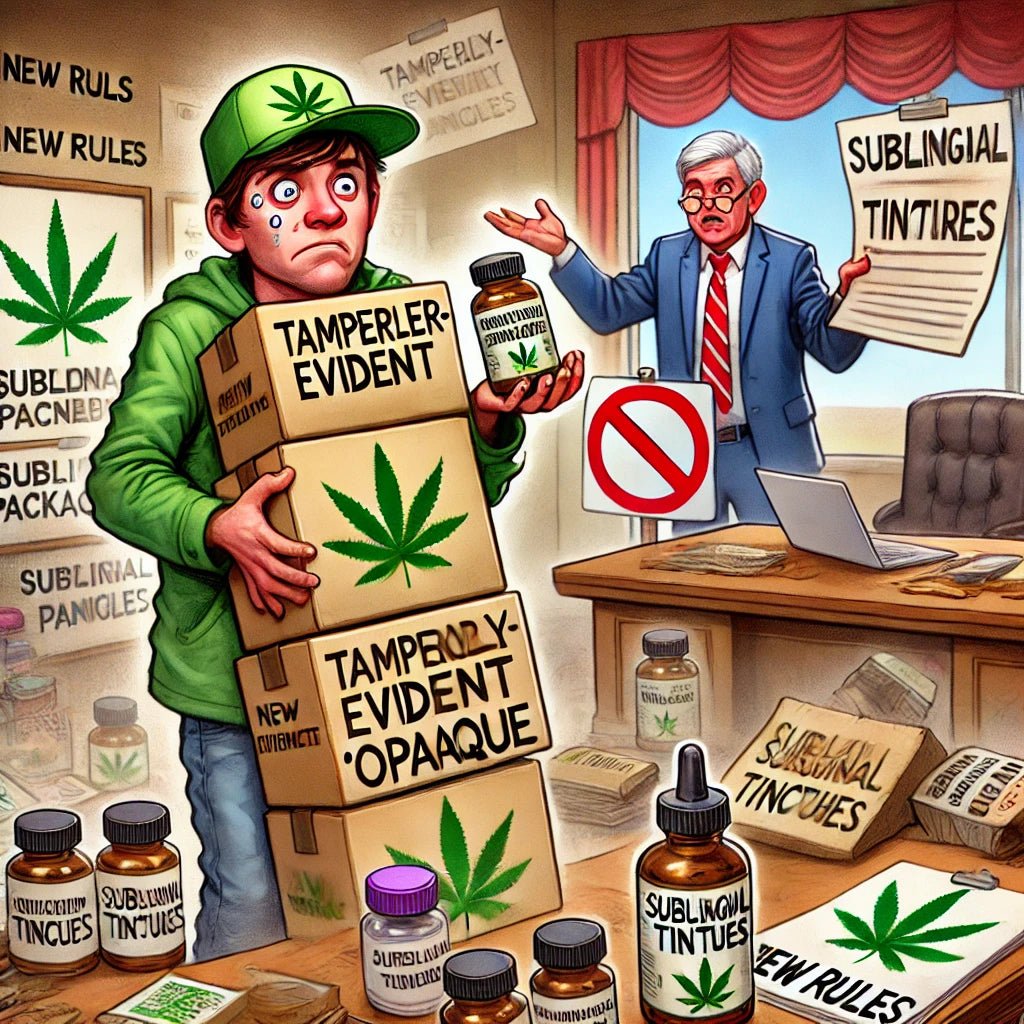Minnesota’s cannabis licensing lottery has gone up in smoke—literally and figuratively—after a judge ruled in favor of five plaintiffs who sued the state’s Office of Cannabis Management (OCM). The plaintiffs, frustrated by a licensing process that felt like it was designed during a particularly hazy brainstorming session, argued that the lottery system was less about equity and more about consultants cashing checks.
The Lottery: A Game of Chance with Zero Fun
The OCM’s plan was simple: gather 648 hopeful cannabis entrepreneurs, toss their names into a metaphorical hat, and draw 182 winners to launch Minnesota’s green future. But this wasn’t your average Powerball. It was more like the Hunger Games—if the tributes were business owners and the Capitol was run by consultants billing $400 an hour for “strategic frameworks.”
Applicants who were denied entry into the lottery were left scratching their heads. Some got cryptic emails, others had to log into the state portal to discover their dreams were dashed. It was like opening a fortune cookie that just said, “Try again later.”
The Plaintiffs Light It Up
The five plaintiffs, led by cannabis entrepreneurs like Cristina Aranguiz and Jodi Connolly, weren’t about to let the OCM’s sloppy process slide. Connolly discovered her rejection only by logging into the application portal, while Aranguiz received a denial email so vague it might as well have said, “Because we said so.”
These lawsuits called out the OCM for what it was: a bureaucracy wrapped in buzzwords and buried under consultant-led “initiatives” that forgot to include basic fairness.
OCM: Where Equity Goes to Die
Let’s talk about the OCM for a second. This is the same office that promised a transparent, equitable process to launch Minnesota’s cannabis industry. Instead, they rolled out a system that seemed more like a group project thrown together the night before it was due.
The OCM was probably surrounded by consultants pitching ideas like “data-driven equity mapping” and “social justice optimization models” while forgetting the part where applicants actually needed clear, actionable feedback. The result? A process that’s about as transparent as bong water.
Interim Director Charlene Briner claimed the agency was “weeding out bad actors.” But it seems like the real bad actors here are the ones who wrote this system into law—probably while enjoying a CBD latte at their coworking space.
Consultants: The Real Winners
While Minnesota’s cannabis entrepreneurs are left holding empty bags, consultants and some lawyers are raking in the green. These are the folks who convinced the state they needed a 100-page plan to handle a lottery. A lottery! All they had to do was pick names out of a hat, but somehow it turned into a process more complicated than filing your taxes.
And let’s not forget the lawyers defending this mess. They’re cashing in faster than a dispensary on Black Friday, while the OCM scrambles to explain why a system designed to promote equity has everyone feeling burned.
Judge to the Rescue
Thankfully, the judge saw through the haze and hit pause on this chaotic lottery. The ruling forces the OCM to rethink its approach and actually, you know, follow the rules. Imagine that.
“This isn’t just about a lottery—it’s about fairness,” said one plaintiff. “The OCM acted like they were hosting a game show, but real lives and businesses are at stake.”
What’s Next?
Now the OCM has to go back to the drawing board—hopefully without the consultants this time. Maybe they’ll take a simpler approach, like giving every qualified applicant a fair shot instead of running an arbitrary rejection factory.
For now, Minnesota’s cannabis entrepreneurs can celebrate a small victory. The plaintiffs have proven that standing up to bureaucracy isn’t just possible—it’s necessary. And maybe, just maybe, this ruling will inspire the OCM to put down the PowerPoints, ignore the consultants, and finally get it right.
Here’s hoping the next attempt at cannabis licensing is a little less “Shark Tank” and a lot more sensible.








































